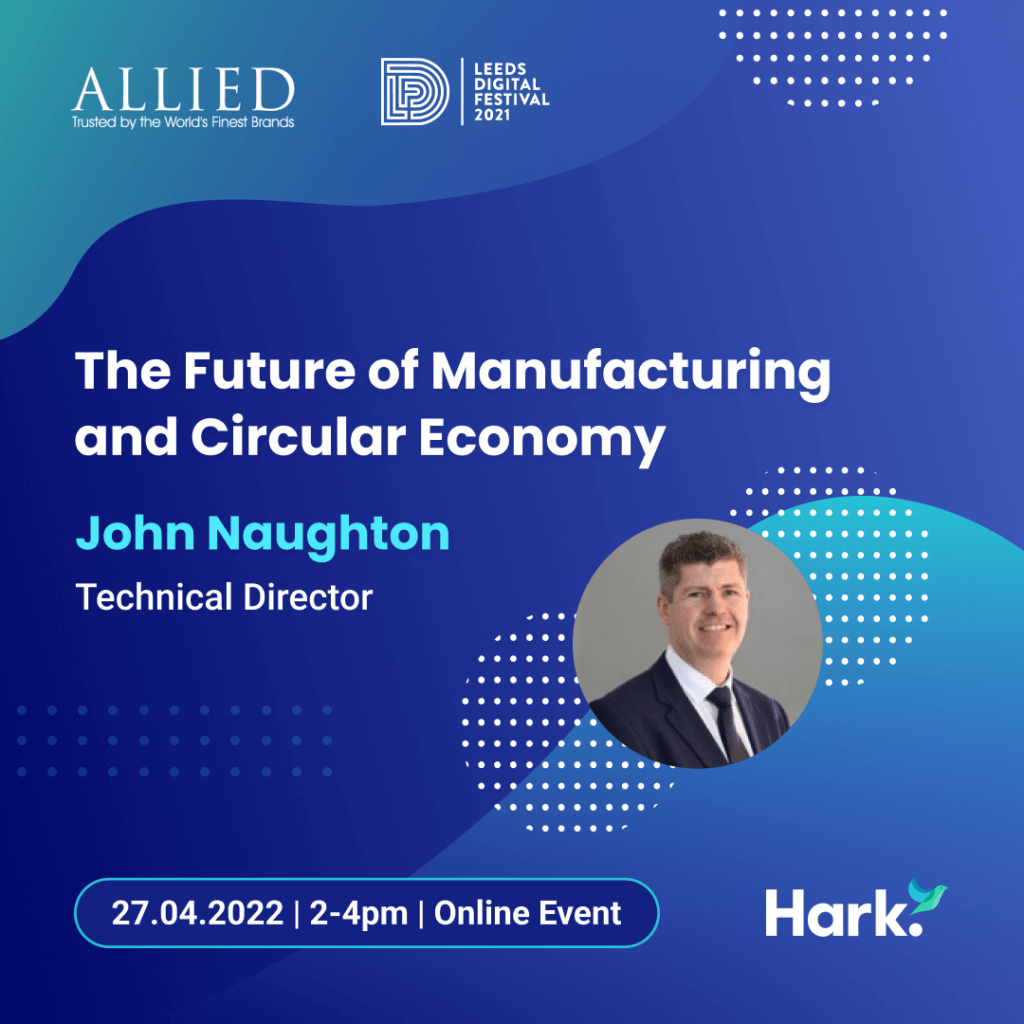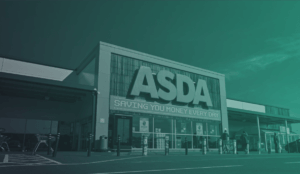What is your role within Allied Glass?
I am the Technical Director at Allied Glass. With over 20 years’ experience in the glass industry I’ve honed my skills in lean manufacturing and now head up the sustainability strategy at Allied Glass, a Leeds-based manufacturer with almost 150 years’ provenance in the region.

What sustainability challenges does your business face?
We are very lucky that we work with an entirely circular material but, as any manufacturer does, we still come up against some challenges on the sustainability front. One of which is the lack of control we have over the general public’s recycling habits. Whilst we can recycle glass into new containers, we can’t guarantee that it is being recycled properly within the wider community.
Resource efficiency is also a cause for concern. Making glass requires the consumption of raw materials such as sand, soda ash and limestone and these raw materials are a precious resource. Another vital component in glass manufacture is water as it is essential for the fundamental cooling processes within our operations. On top of these, general waste from within the sites needs to be properly managed and disposed of in the greenest ways possible.
Supply chains can be another challenging area for our business as we must ensure that our suppliers are holding up the same standards we are. Then finally of course we are constantly working to lower the carbon output created by our operations.
What is the current key focuses for Allied Glass in terms of sustainability and the environment?
Improving across all six of our sustainability pillars:
- Circular Economy
- Resource Efficiency
- Carbon
- Supply Chain
- Health & Wellbeing
- People & Communities
The team are constantly working in the background on new projects and initiatives that can further our sustainability agenda. On top of this we are also working hard with other influential companies and initiatives who focus on the improvement of the public’s glass recycling habits to better our recycling systems. For example, we recently ran a campaign with Zero Waste Leeds, British Glass and Ardagh Group to analyse glass recycling data in the UK.
What are the sustainable practices you already have in place in your company?
We work hard to ensure we are using as much recycled content as possible when producing new containers in standard flint and coloured glass. We also work on a no glass waste ethos. Any containers which do not pass our stringent quality procedures during manufacture are put straight back into the furnaces to be melted down and made into new containers.
We are investing in water recovery and recycling systems to halve our water consumption and run projects within each area of the business to identify sources of waste and how we can action reduction in these areas.
We have recently partnered with Drax Energy Solutions to provide us with 66 gigawatt house (GWh) of hydroelectric as a way to reduce our carbon emissions, which are already down by 10% per tonne since 2015 from various other changes made within the business. We are proud to say that 100% of our electrical requirement is provided by renewable sources.
How are you measuring progress?
In 2020 we released our first Sustainability Report which offers some fantastic statistics into the progress we have made so far as well as our 2025 targets. This is something we will continue to produce to keep our customers updated on our progress.
Where would you like to see your industry, in terms of sustainability within the next few years?
I think the industry and wider community all need to come together to build a truly circular economy for glass production. Better and easier systems need to be put in place to encourage consistent recycling habits.
I would also like to see all those in the industry taking the right steps to improve their operations from the inside out. Building a greener future requires real change.


